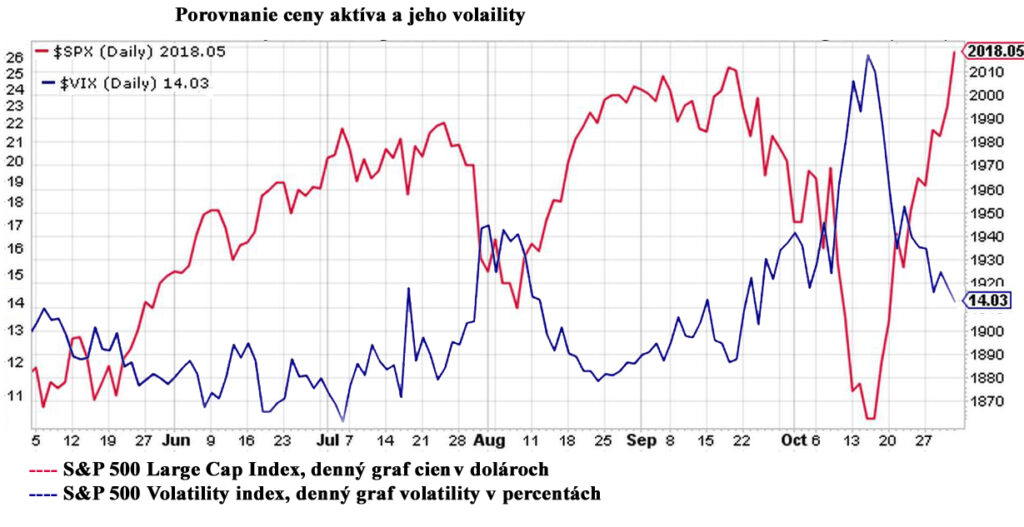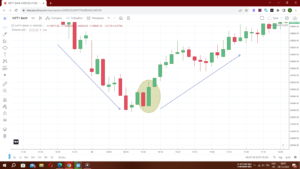How to Navigate Market Volatility in Stocks – Market volatility, characterized by rapid and unpredictable price movements in financial markets, can be daunting for investors. It’s essential to comprehend the nature of this volatility and its impact on stock markets.
How to Navigate Market Volatility in Stocks

Factors Driving Market Volatility
Various factors contribute to market volatility, including economic indicators, political events, and shifts in market sentiment. Understanding these drivers helps anticipate and navigate turbulent periods effectively.
Strategies to Navigate Market Volatility
Navigating market volatility in stocks demands prudent strategies. Diversifying your portfolio, adopting a long-term investment approach, employing stop-loss orders, and practicing dollar-cost averaging are effective strategies.
Research and Analysis in Volatile Markets
In volatile markets, conducting thorough research and analysis is pivotal. Employing fundamental and technical analysis techniques aids in making informed decisions and assessing risks associated with investments.
Managing Emotions During Volatile Times
Emotions often drive impulsive actions during market fluctuations. Avoiding knee-jerk reactions, staying informed, rational, and seeking professional advice helps in making level-headed decisions.
Case Studies of Successful Navigation
Examining historical instances of handling volatility provides valuable lessons. Learning from past market movements and successful strategies applied during such periods is instructive.
Adapting Strategies in Different Market Conditions
Tailoring strategies to varying market conditions is crucial. Adapting approaches between bull and bear markets ensures a balanced response to market dynamics.
Tools and Resources for Stock Volatility
Utilizing financial technology and accessing credible market analysis platforms empower investors with valuable tools to navigate stock market volatility effectively.
Conclusion
Navigating market volatility in stocks necessitates a comprehensive understanding of market dynamics, employing prudent strategies, managing emotions, and utilizing available resources.
FAQs
- How often does market volatility occur?
- Market volatility can occur frequently due to various factors influencing global financial markets.
- Is market volatility always a bad thing?
- Not necessarily. While it can lead to uncertainty, it also presents opportunities for savvy investors.
- What role does diversification play in mitigating volatility?
- Diversification spreads risk across various assets, reducing exposure to the impact of volatility on a single investment.
- Can market volatility be predicted accurately?
- Predicting market volatility with precision is challenging due to its multifaceted nature and numerous influencing factors.
- How should investors approach volatile market conditions?
- Investors should focus on long-term goals, conduct thorough research, and avoid making impulsive decisions during volatile periods.




